Stories

360°: Foodways and Migration
This 360° uses the frameworks of history, cultural studies, and archeology to examine the relationship between foodways and migration.
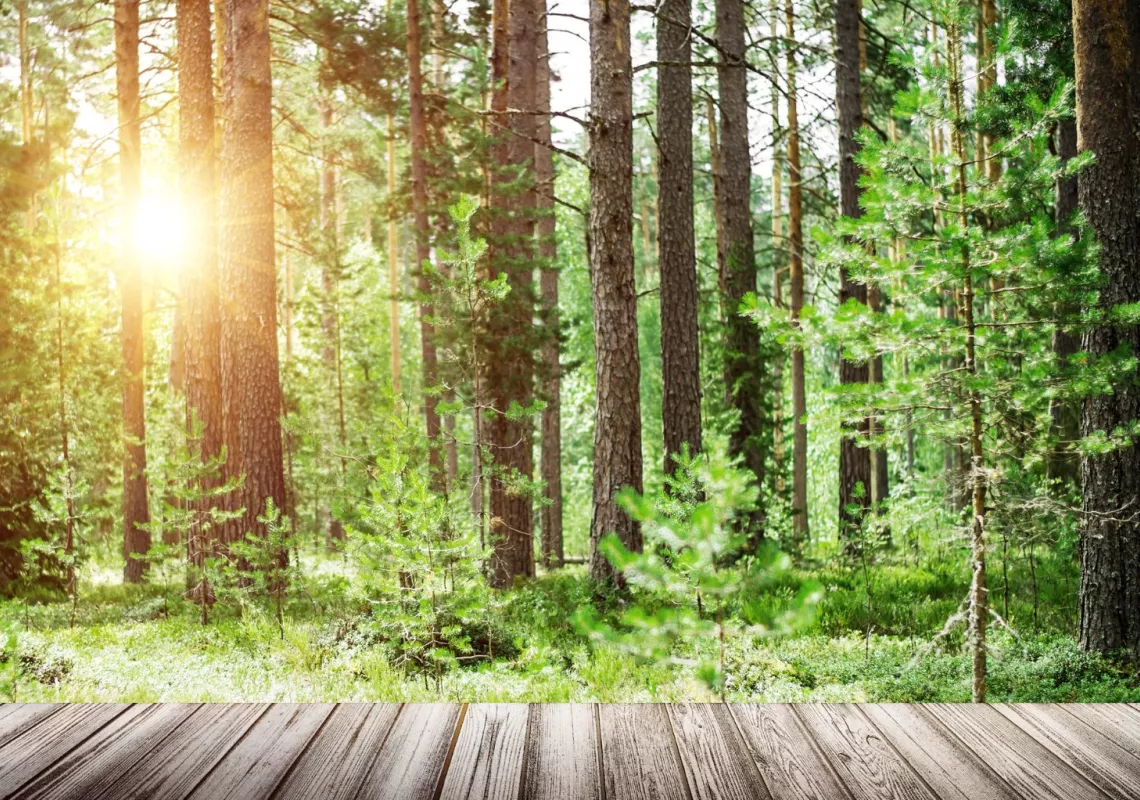
360°: Science, Democracy, and Truth
How can we use science to respond to the criticisms of those in power that might disagree with our fundamental assumptions about the reliability of scientific facts?
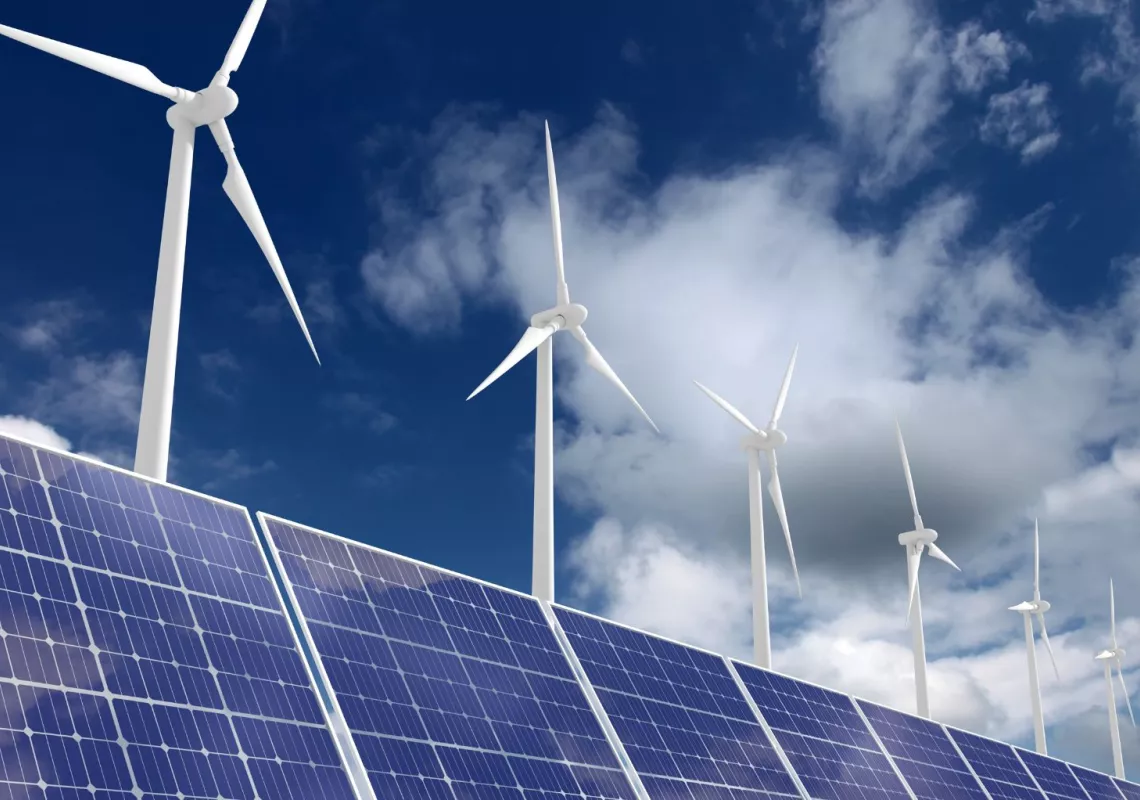
360°: Renewable Energy
In an effort to shift focus toward a more scientific approach to renewable energy, this two-course 360° gave students the opportunity to explore energy alternatives from a data-driven perspective.
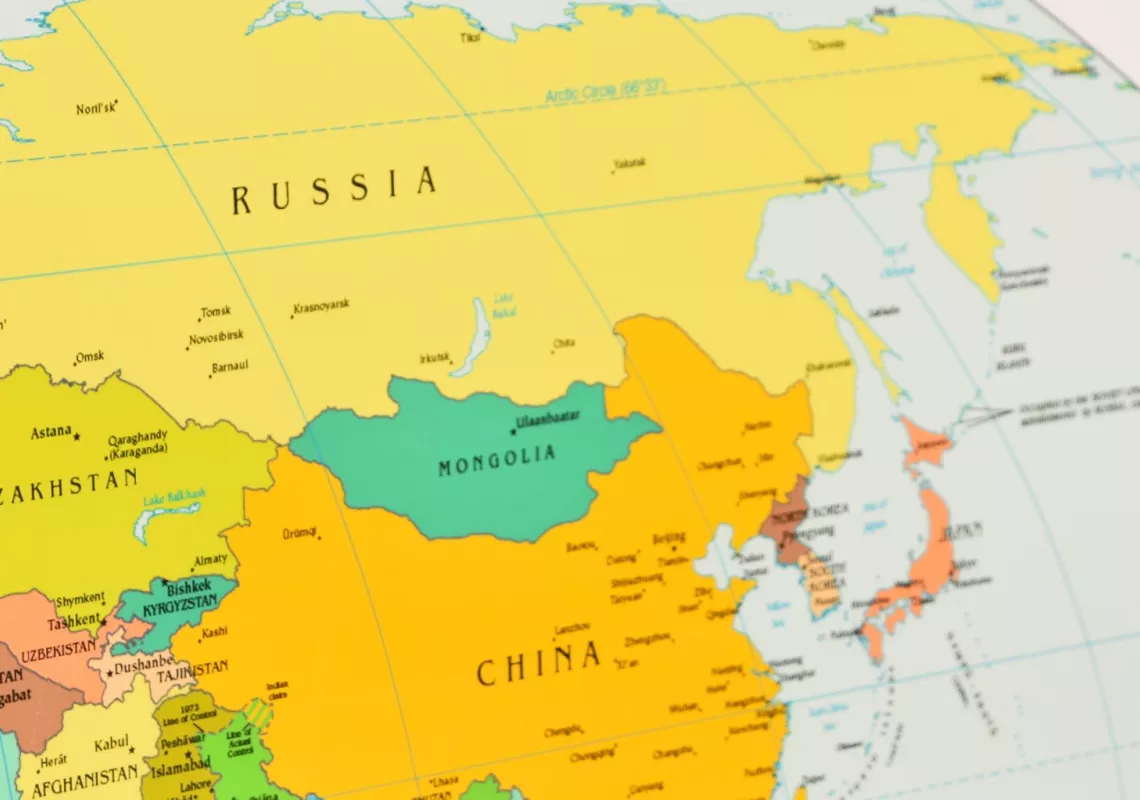
360°: Eurasia in the Anthropocene: Trans-Siberian Ecological Perspectives
This cluster focuses on the ecology of Russia and its largest neighbor to the East, China, through various cultural, scientific, and social lenses.
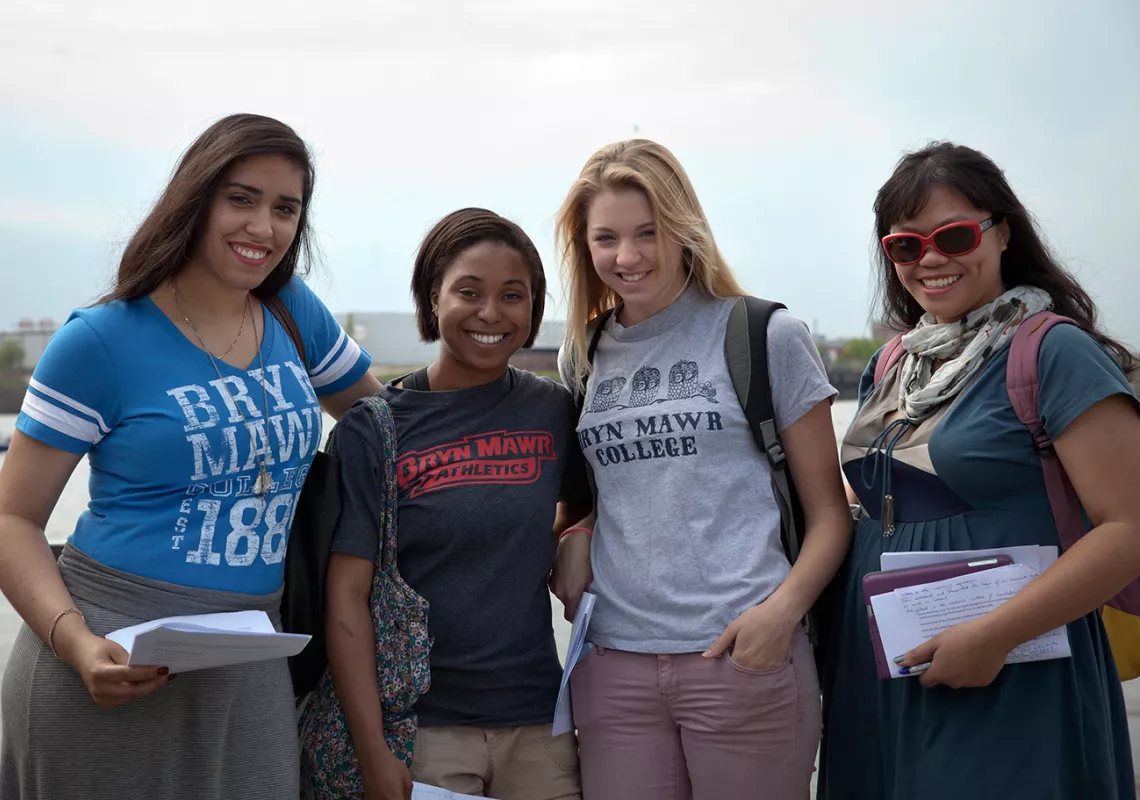
360°: Space and Identity
This 360° brings together three different disciplinary perspectives to explore the notion of individual and group identity across time and space in urban environments. (Taught Spring 2013)
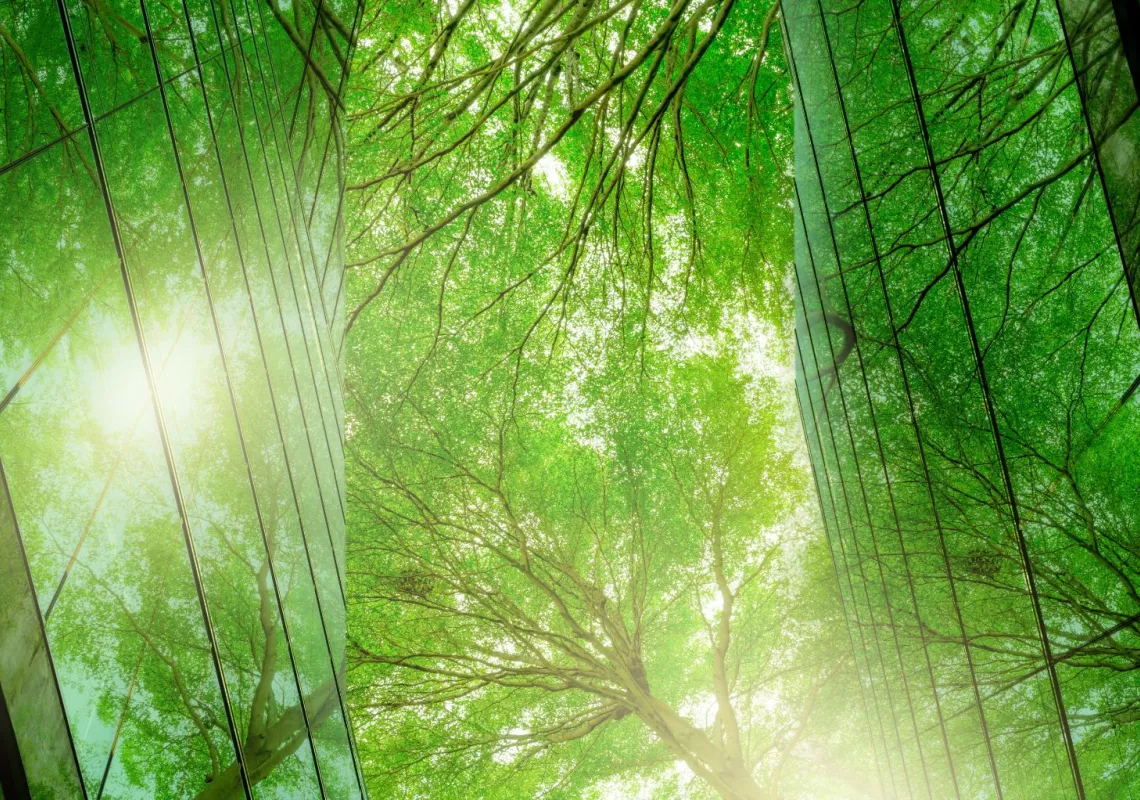
360°: Perspectives on Sustainability
This 360° offers a multi-disciplinary investigation of urban and educational policies and implementation issues that are crucial to issues of urban sustainability, while mathematical modeling provides frameworks to examine the evolution and current state of cities in terms of their built environments, their ecological footprints, and their educational systems.
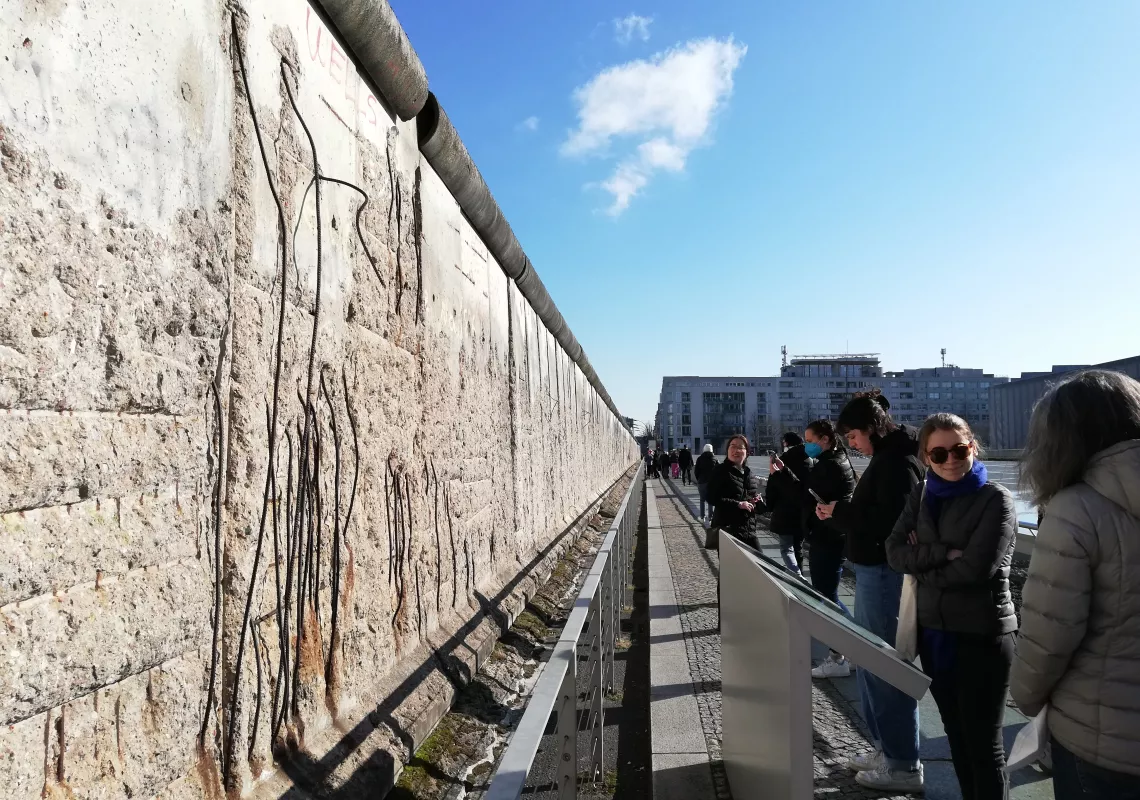
360°: Europe from the Margins
What does Europe look like from the perspectives of those whose voices are usually missing from mainstream narratives – the disempowered, queers, migrant laborers, artists, refugees, and people from Europe’s eastern and southern peripheries?
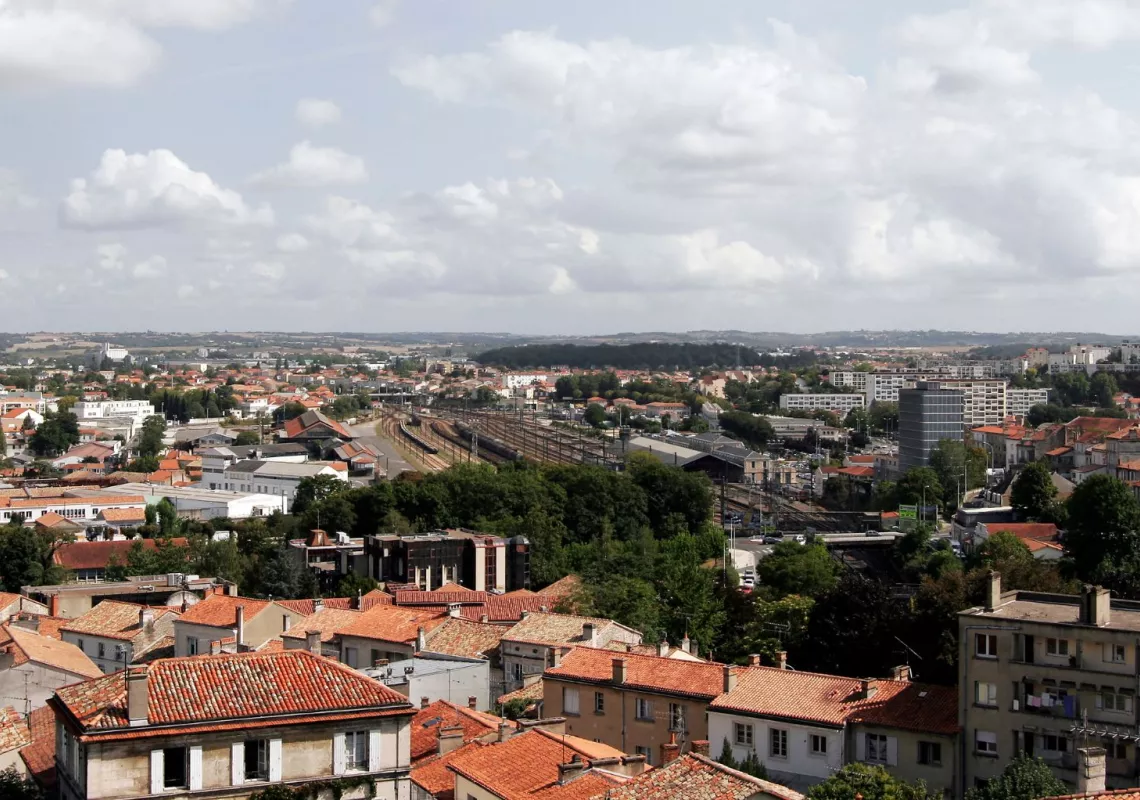
360°: Transplants
This cluster uses multidisciplinary tools from language and culture, literature, and environmental science to reveal histories hidden in and around the city of Angoulême, France.
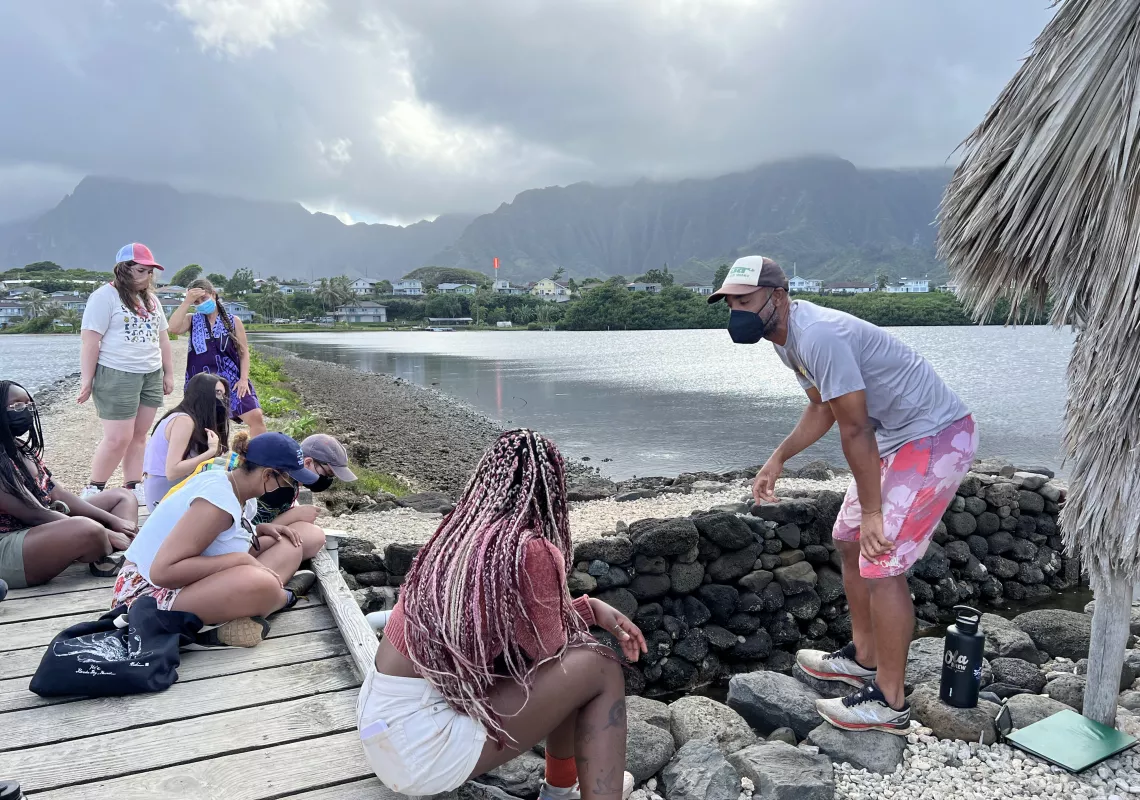
360°: Decolonizing Knowledges
This cluster uses the lenses of physics, sociology, and literary studies to critically and comparatively examine the ways we imagine and reimagine the worlds in which we live, from the cosmos to social structures and from cultural to personal experiences.
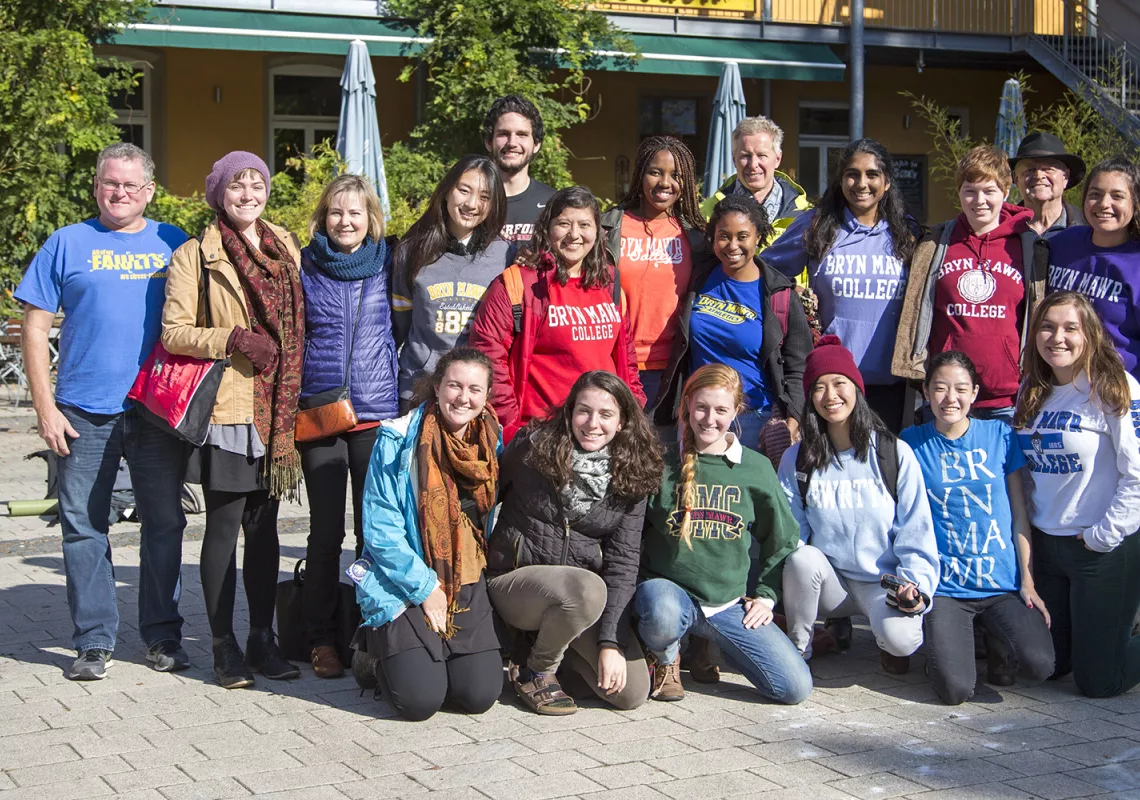
360°: Climate Change
This cluster integrates literary, scientific, and policy perspectives to highlight both the complexity of climate change and the many innovative ideas being developed to address it worldwide.
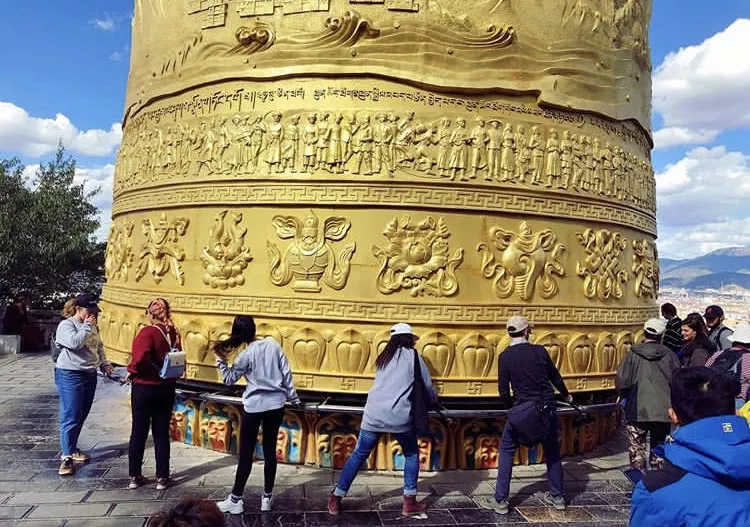
360°: Borderlands
This cluster focuses on the core issue of borderland encounters, and addresses a variety of common themes such as the concept and nature of borderlands, cultural exchange, power relations, ethnic experience, human- environmental interactions, and (trans)nationalism.
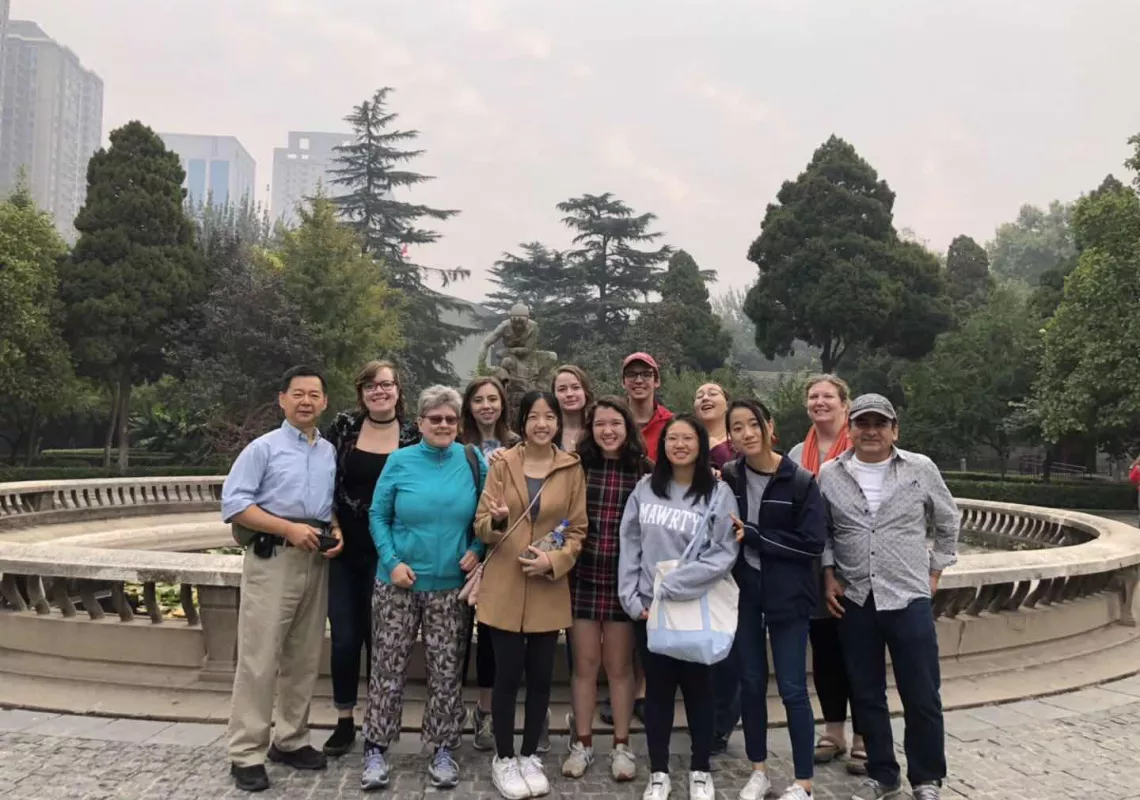
360°: Empires
This 360 cluster consists of three courses that examine different aspects of “empires.” It brings together historical, linguistic, and scientific perspectives in the study of imperial experiences and their present-day implications.